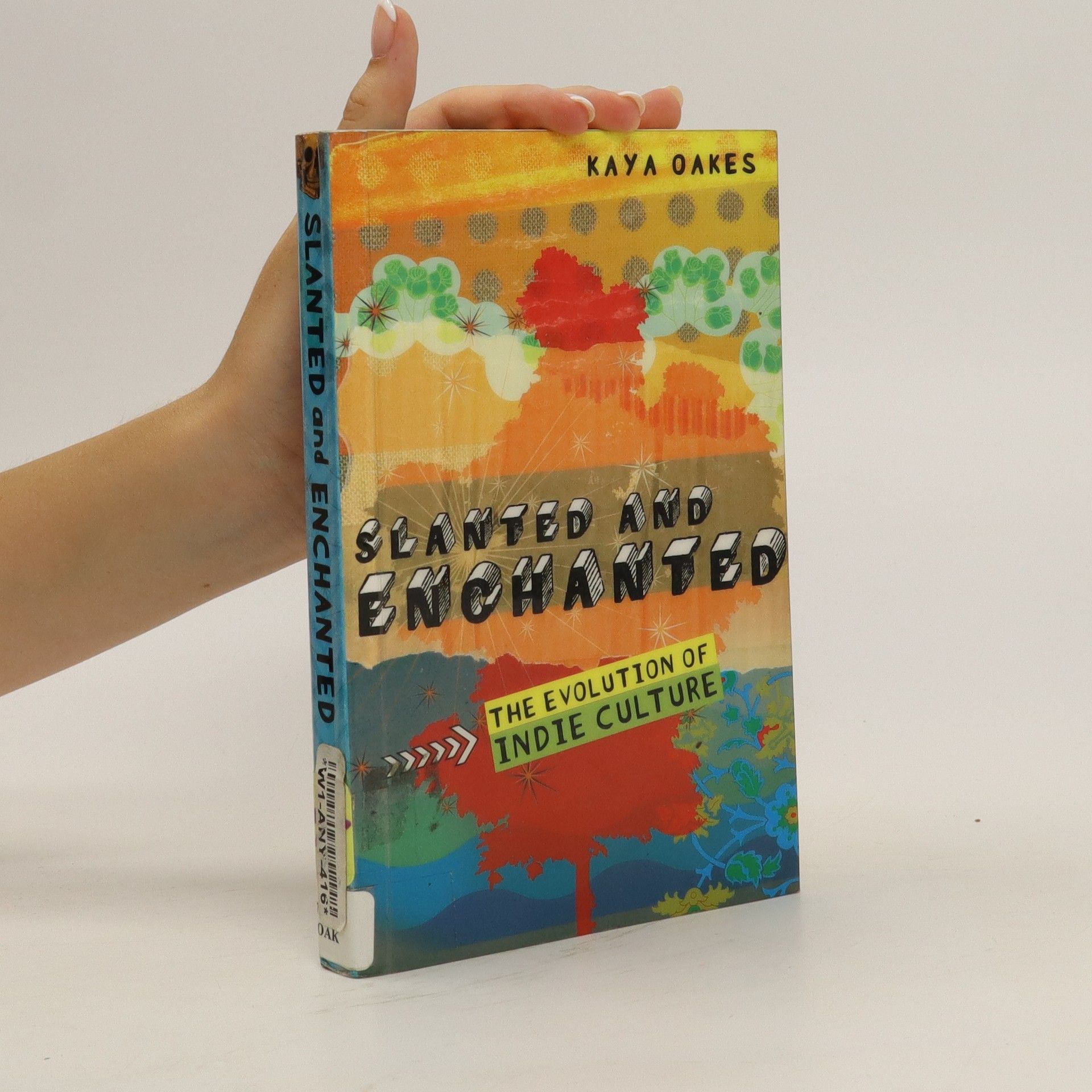The Defiant Middle
- 200pages
- 7 heures de lecture
For every woman, from the young to those in midlife and beyond, who has ever been told, You can't and thought, Oh, I definitely will!--this book is for you. Women are expected to be many things. They should be young enough, but not too young; old enough, but not too old; creative, but not crazy; passionate, but not angry. They should be fertile and feminine and self-reliant, not barren or butch or solitary. Women, in other words, are caught between social expectations and a much more complicated reality. Women who don't fit in, whether during life transitions or because of changes in their body, mind, or gender identity, are carving out new ways of being in and remaking the world. But this is nothing new: they have been doing so for thousands of years, often at the margins of the same religious traditions and cultures that created these limited ways of being for women in the first place. In The Defiant Middle, Kaya Oakes draws on the wisdom of women mystics and explores how transitional eras or living in marginalized female identities can be both spiritually challenging and wonderfully freeing, ultimately resulting in a reinvented way of seeing the world and changing it. Change, after all, Oakes writes, always comes from the margins.

